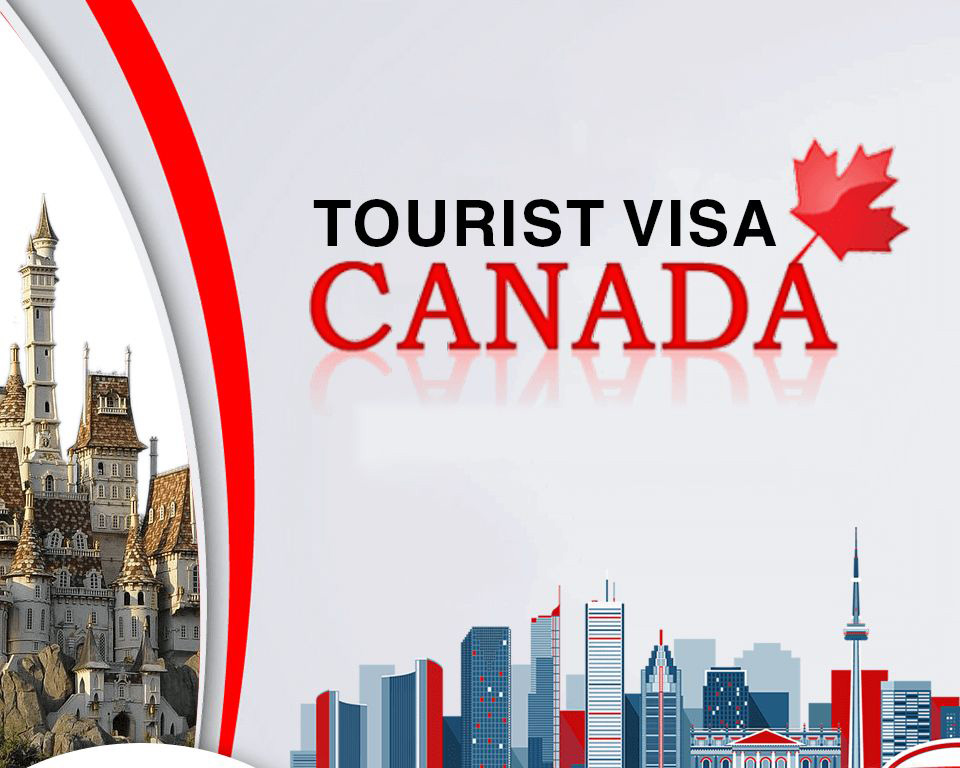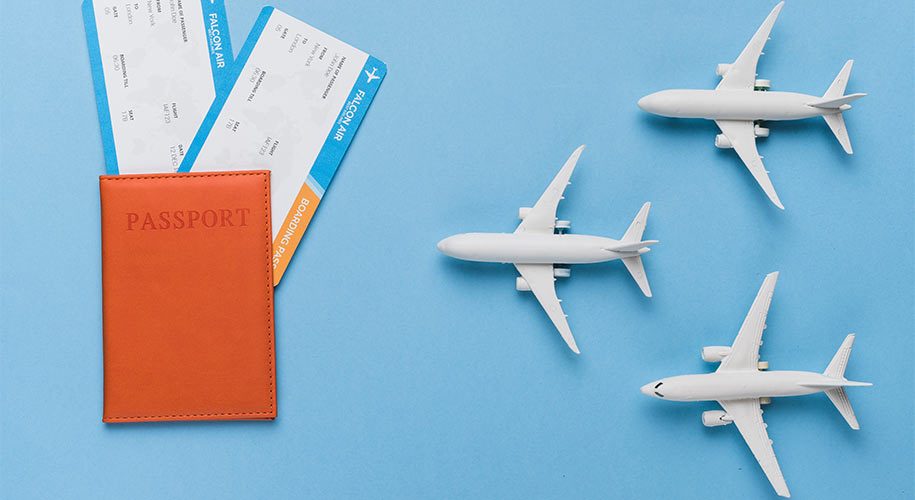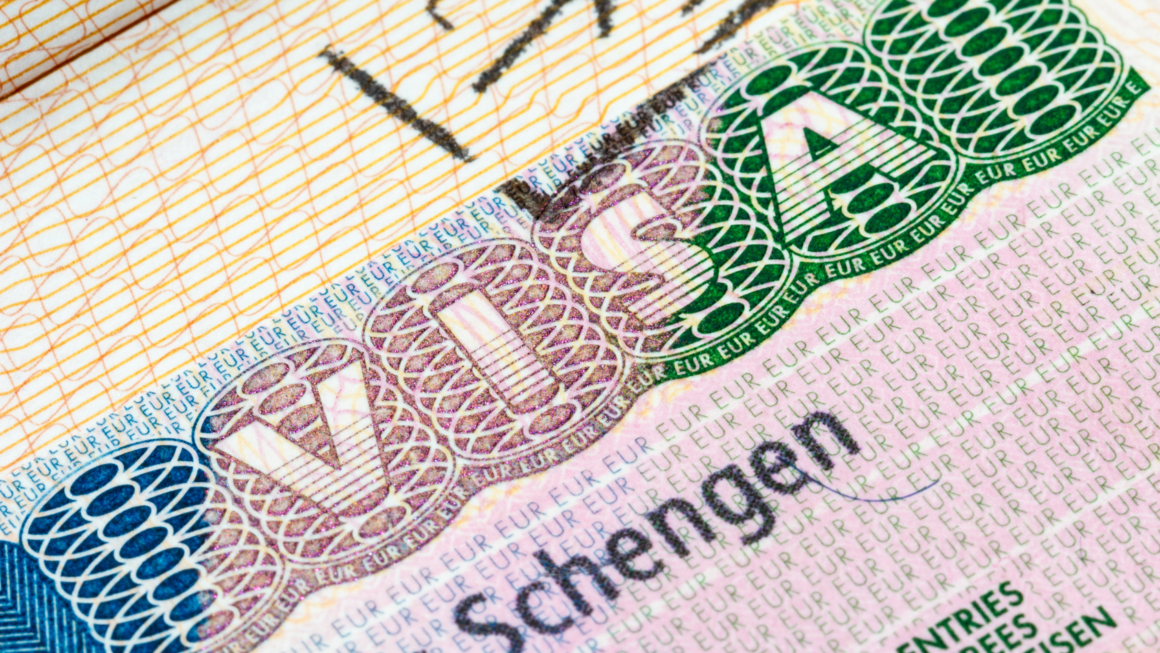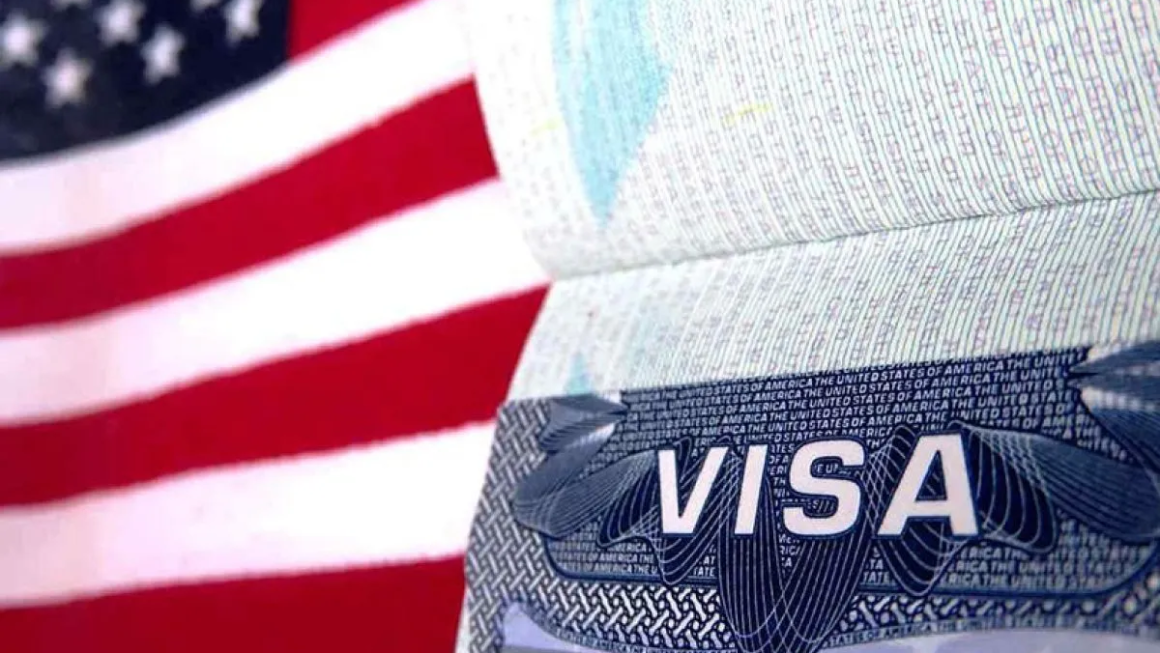Canada, renowned for its breathtaking landscapes, vibrant cities, and multicultural diversity, is a prime destination for tourists worldwide. To visit Canada for tourism purposes, most foreign nationals need a Temporary Resident Visa (TRV), commonly known as a tourist visa. This guide provides a comprehensive overview of the Canada tourist visa and the application process.
Types of Canada Tourist Visas
Single-Entry Visa
A single-entry visa allows the holder to enter Canada once. After leaving Canada, the visa expires, even if there is remaining validity on it. This type of visa is suitable for travelers with specific, one-time plans to visit Canada.
Multiple-Entry Visa
A multiple-entry visa permits the holder to enter and exit Canada as many times as they wish during the visa’s validity period, which can last up to 10 years or one month before the passport’s expiry date, whichever comes first. This visa is ideal for travelers who plan to visit Canada multiple times over several years.
Eligibility Criteria
To be eligible for a Canada tourist visa, applicants must:
- Possess a valid travel document (passport).
- Be in good health.
- Have no criminal or immigration-related convictions.
- Convince an immigration officer that they have ties (such as a job, home, financial assets, or family) that will take them back to their home country.
- Convince an immigration officer that they will leave Canada at the end of their visit.
- Have enough money for their stay. The amount varies depending on the length of stay and whether the applicant will stay with friends, relatives, or in a hotel.
Application Process
Step 1: Determine How You Will Apply
You can apply for a Canada tourist visa either online or on paper.
Online Application
Applying online is recommended as it is faster, more convenient, and helps avoid delays in mail delivery. Applicants need to have access to a scanner or camera to create electronic copies of their documents and a valid credit card for payment.
Paper Application
If applying on paper, you need to download the application package, complete the forms, and send them along with the required documents to the Visa Application Center (VAC) that serves your country or region.
Step 2: Gather Required Documents
The required documents for a Canada tourist visa typically include:
- Application Form (IMM 5257): Completed and signed.
- Family Information Form (IMM 5645 or IMM 5707): Completed and signed.
- Valid Passport: The passport should be valid for the duration of your stay.
- Photographs: Two passport-sized photos meeting Canada’s visa photo requirements.
- Proof of Financial Support: Bank statements, pay stubs, employment letters, etc.
- Purpose of Travel: Travel itinerary, hotel reservations, or an invitation letter from a host in Canada.
- Ties to Home Country: Employment letter, proof of property ownership, etc.
- Previous Travel History: Copies of visas and stamps from previous travels.
Step 3: Pay the Application Fee
The application fee for a Canada tourist visa is CAD 100. If biometrics are required, an additional fee of CAD 85 applies. Payments can be made online if applying digitally or through acceptable means indicated by the VAC for paper applications.
Step 4: Submit Your Application
For online applications, submit your application electronically through the Immigration, Refugees, and Citizenship Canada (IRCC) website. For paper applications, submit your documents to the appropriate VAC.
Step 5: Provide Biometrics
Most applicants between 14 and 79 years old must provide biometrics (fingerprints and a photo). Instructions on where and how to provide biometrics will be given once the application and fees are submitted.
Step 6: Wait for Processing
Processing times vary depending on the country of application and individual circumstances. The average processing time can range from a few weeks to several months. During this period, you might be asked to attend an interview or provide additional information.
Step 7: Decision and Passport Submission
Once a decision is made, you will be notified. If approved, you will need to send your passport to the VAC or IRCC office to get the visa stamped. You can then collect your passport or have it mailed back to you.
Step 8: Travel to Canada
Upon receiving your visa, you can make travel arrangements to Canada. At the port of entry, a border services officer will verify your documents and determine your eligibility to enter Canada. Ensure you carry all relevant documents, including proof of financial support and your travel itinerary.
Tips for a Successful Application
- Provide Accurate Information: Ensure all information provided in your application is accurate and truthful. Inconsistent or false information can lead to denial.
- Strong Ties to Home Country: Emphasize your strong ties to your home country to convince the officer of your intention to return.
- Comprehensive Documentation: Submit all required documents and additional ones that can support your case.
- Clear Purpose of Travel: Clearly outline your travel plans and purpose of visit in a cover letter.
- Seek Professional Help: Consider consulting with an immigration consultant or lawyer if you find the process overwhelming or have a complex case.
By following these steps and tips, you can enhance your chances of obtaining a Canada tourist visa and enjoy a memorable visit to one of the world’s most beautiful and diverse countries.
Frequently Asked Questions (FAQ) about Canada Tourist Visa
1. Do I need a tourist visa to visit Canada?
Most foreign nationals require a Temporary Resident Visa (TRV) to visit Canada. However, citizens of visa-exempt countries need an Electronic Travel Authorization (eTA) instead.
2. How long can I stay in Canada on a tourist visa?
A tourist visa typically allows you to stay in Canada for up to six months. The exact duration will be determined by the border services officer at your point of entry.
3. How much does it cost to apply for a Canada tourist visa?
The application fee for a Canada tourist visa is CAD 100. If biometrics are required, there is an additional fee of CAD 85.
4. How long does it take to process a Canada tourist visa?
Processing times vary by country and individual circumstances. It can take from a few weeks to several months.
5. Can I extend my stay in Canada on a tourist visa?
Yes, you can apply to extend your stay as a visitor. You must apply at least 30 days before your current status expires.
6. What documents do I need to apply for a Canada tourist visa?
You need a valid passport, completed application forms, photographs, proof of financial support, travel itinerary, ties to your home country, and potentially more documents depending on your circumstances.
7. Do I need to provide biometrics for a Canada tourist visa?
Most applicants between 14 and 79 years old need to provide biometrics (fingerprints and a photo).
8. Can I work or study in Canada with a tourist visa?
No, a tourist visa does not permit you to work or study in Canada. You need to apply for a work permit or study permit for those purposes.
9. How do I apply for a Canada tourist visa online?
To apply online, create an account on the Immigration, Refugees, and Citizenship Canada (IRCC) website, fill out the application forms, upload required documents, pay the fees, and submit your application.
10. What should I do if my Canada tourist visa application is denied?
If your application is denied, you will receive a letter explaining the reasons. You can address the issues and reapply, or seek advice from an immigration consultant or lawyer.
11. Can I visit family or friends in Canada with a tourist visa?
Yes, you can visit family or friends in Canada with a tourist visa. An invitation letter from your host can support your application.
12. Is there a minimum bank balance required to show for a Canada tourist visa?
There is no fixed minimum amount, but you must show that you have enough funds to cover your stay, including accommodation, travel, and daily expenses.
13. What is the difference between a single-entry and a multiple-entry visa?
A single-entry visa allows one-time entry to Canada, whereas a multiple-entry visa lets you enter and exit Canada multiple times during its validity period.
14. Can I travel to other countries from Canada on a tourist visa?
Yes, you can travel to other countries from Canada, but you must have a valid visa to re-enter Canada if your visa is not multiple-entry.
15. Do I need travel insurance for a Canada tourist visa?
While travel insurance is not mandatory for the visa application, it is highly recommended to cover unexpected medical or travel-related expenses during your stay in Canada.
These are general information, please note that all applicant are different and requirements are also different. Please contact us if you need personalized consultancy.












